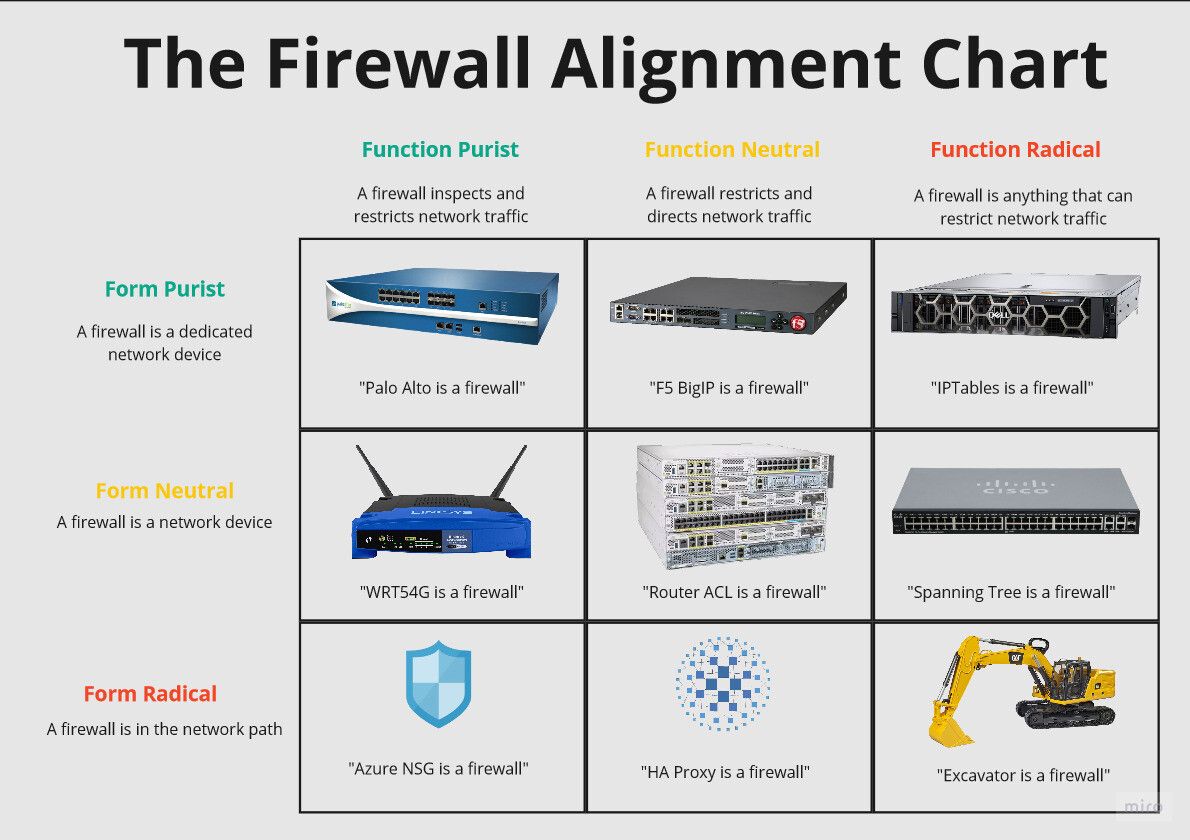It isn’t really future proofing, it’s becoming increasingly important now. IANA exhausted their v4 supply in 2011, most RIRs followed shortly after. I believe Africa is the only region left with available IPv4 addresses. Depending on where you live and how big your ISP is even having a v4 address is iffy. A lot of smaller ISPs already put customers behind a double NAT. NATs in general add latency to connections and make inbound connections difficult. A good dual stack network typically has lower v6 latency. There are also several popular server hosts that charge extra for IPv4 connectivity because of the increasing scarcity. An IPv4 address on AWS is more expensive than their cheapest server offering for example. This means using APIs for v4 only services can add an uncesscary cost burden to consumers of the API depending on their needs. Ultimately it’s not important for this website because it’s a joke but it’s important for anything serious.
Keep in mind that back in 1980 when IPv4 was introduced there were more people than IP addresses. Even in 1980 it was impossible for every person to get just a single address. For the job IPv4 was given of connecting the world it actually failed out of the gate from a certain perspective. IPv4 was never adequate for the task we gave it and over time it’s only become less adequate. It’s a tad silly that v6 was introduced in 1995 and is still the “protocol of the future.”
Anyway, rant over, see this nifty website, they provide shame as a service lol. https://whynoipv6.com/



This is funnier than the joke